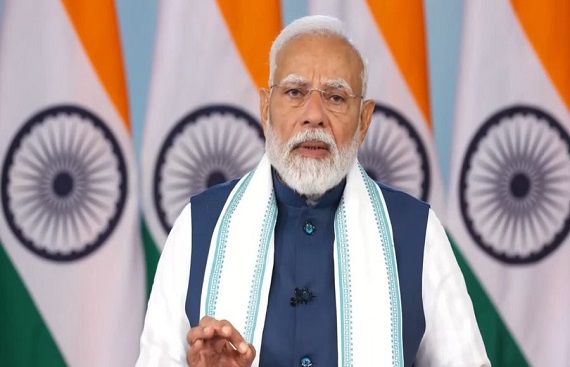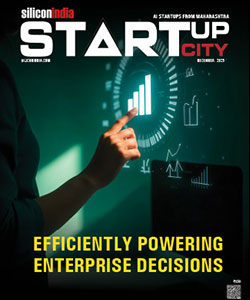Post-Budget Webinar: PM Modi Highlights Job Creation and Tech Growth

Prime Minister Narendra Modi, in a post-Budget webinar on “Investing in People, Economy, and Innovation” on Wednesday, reaffirmed the government’s commitment to education, healthcare, and skill development. As part of the Union Budget 2025-26 outreach, he highlighted initiatives to expand broadband connectivity in government secondary schools and primary health centers, aiming to bridge the urban-rural digital divide and drive inclusive growth.
Broadband Expansion for Education and Healthcare
The government’s latest initiative aims to enhance e-learning, virtual labs, digital literacy, telemedicine, and electronic health records by expanding broadband connectivity. This digital push is set to empower rural communities through seamless access to education, healthcare, e-governance, and economic opportunities.
Emphasizing the importance of human capital, PM Modi stated that investing in people is as vital as investing in infrastructure and industries, built on the three pillars of education, skills, and healthcare. He also highlighted the nationwide expansion of telemedicine services to all primary health centers, reinforcing the government’s commitment to digital transformation in healthcare.
Union Minister of Communications and Development of the North Eastern Region, Jyotiraditya M. Scindia, highlighted the significance of broadband connectivity, saying that it would “redefine education, healthcare, and governance in rural India”. He announced an investment of $16.1 billion in what will be the world’s largest rural broadband network, describing it as a “digital highway” that will connect citizens across the country and the world.
Scindia stressed that this initiative would revolutionize education by introducing smart classrooms, AI-powered learning, and virtual teacher training programs. He also highlighted its impact on healthcare, stating, “This BharatNet program will allow telemedicine, e-consultation, and digital health records to be accessible at the doorstep of every Indian”. He emphasized that rural patients will no longer have to travel to district hospitals, as virtual networks will facilitate doctor consultations and referrals.
The initiative is also expected to drive economic empowerment by creating new opportunities for rural entrepreneurship. Scindia described it as a “social and development revolution” that ensures universal digital access and equal opportunities for all citizens.
BharatNet Program: Expanding Connectivity Nationwide
The BharatNet project is being rolled out in phases to provide on-demand broadband connectivity to all Gram Panchayats and villages, aiming to transform education, healthcare, and e-governance through digital infrastructure.
Now operating under the Design, Build, Operate, and Maintain (DBOM) model, the upgraded BharatNet program includes an IP-MPLS network expansion, coverage in unserved areas, and a 10-year operation and maintenance plan. BSNL has been designated as the Project Management Agency for execution.
Over the next five years, 1.5 crore rural households will receive fiber broadband connections, with a special focus on schools, primary health centers, Anganwadi centers, and Panchayat offices. Implementation will be driven by BharatNet Udyamis (BNUs)—including village-level entrepreneurs, ISPs, and self-help groups, who will receive financial incentives for last-mile connectivity.
To ensure seamless execution, the Education and Health Ministries will equip institutions with the required digital infrastructure, while BSNL will map them to the BharatNet network, ensuring 90%+ network uptime. A real-time monitoring dashboard will also be deployed for performance tracking and transparency.
Read More News :
India's Engineering Exports to US Stand at $1.62 Billion in January
What Makes a Luxury Car Rental in Dubai Stand Out from Regular Car Rentals?


.jpg)
